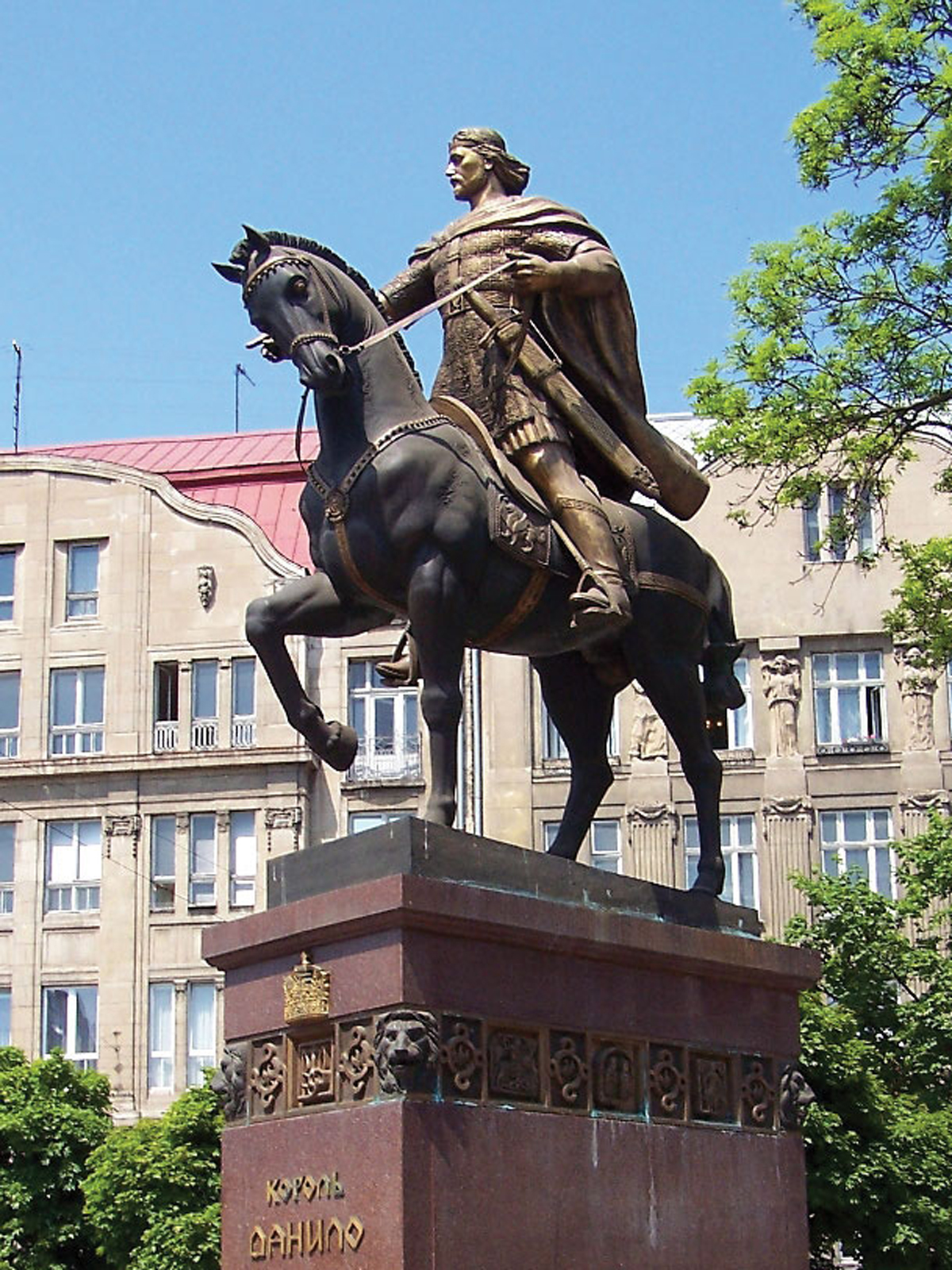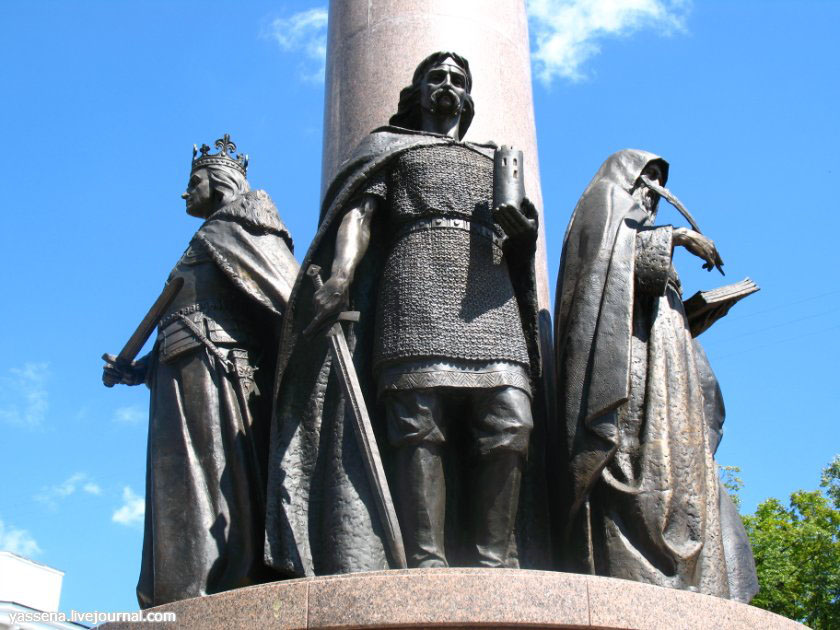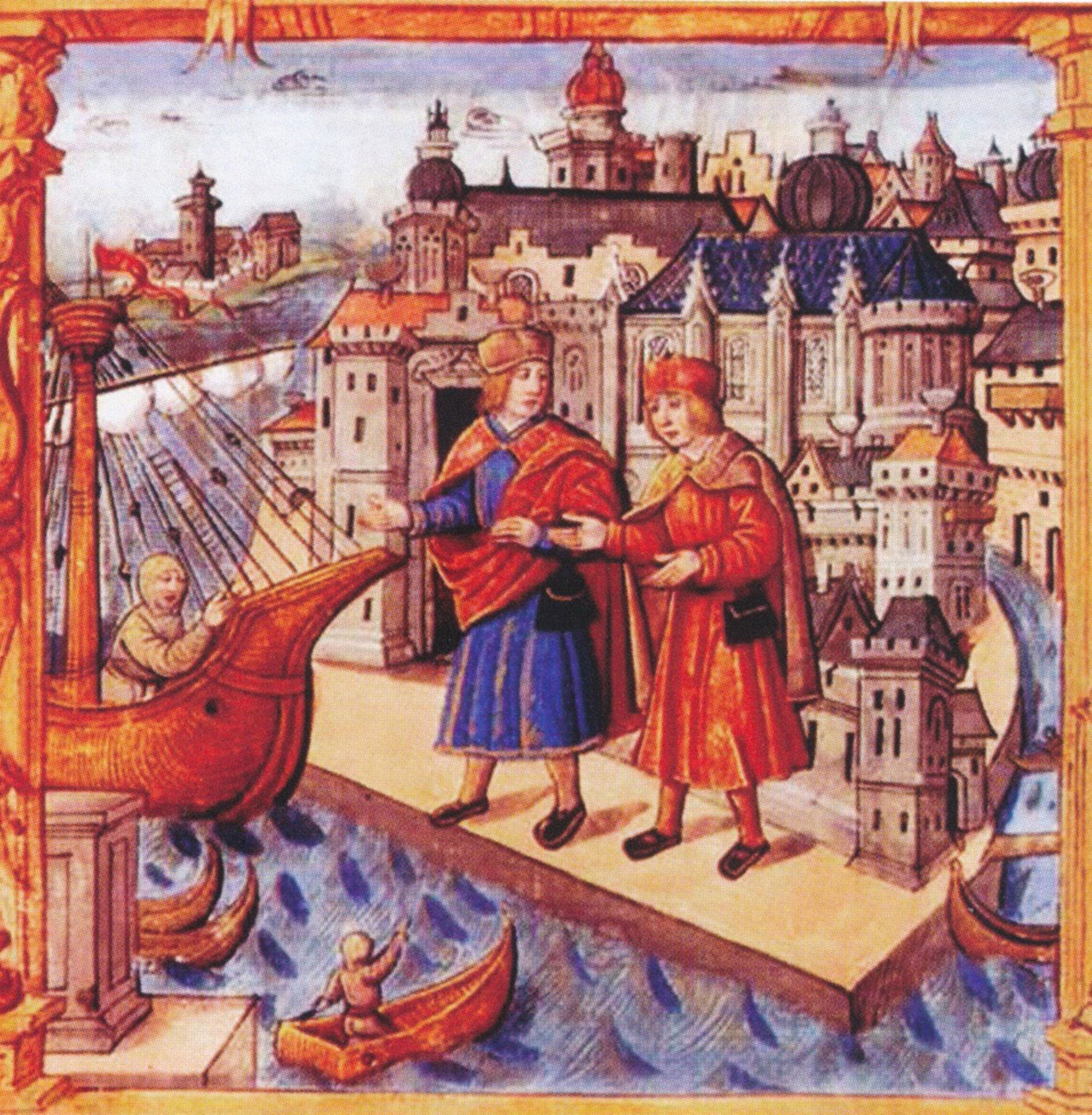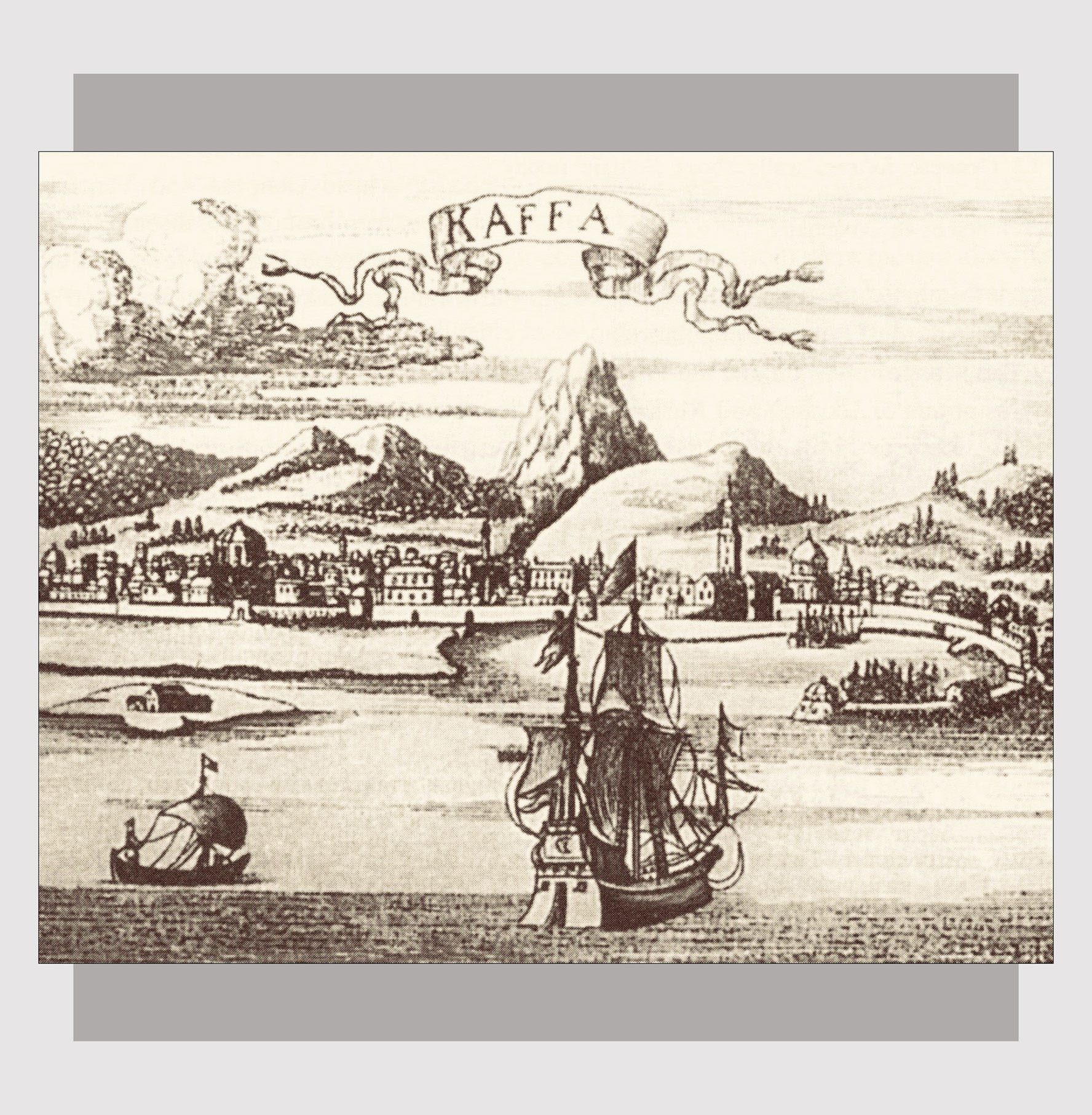1238–1300s
Prince Danylo (r. 1238–1264) invited Armenians, Germans, Jews, and Poles to settle in Galicia-Volhynia, particularly in the cities, where they would apply their advanced artisanal and commercial skills. Jews had been among those who contributed to establishing Lviv as a center for international trade between central Europe, Black Sea ports, and the Middle East, especially trade in textiles and spices from the East.
After 1240, Galicia was forced to cede to the Golden Horde its sphere of influence over trade routes to the Black Sea. Like the Khazars, the Golden Horde derived its wealth from its control over important international trade routes, including duties levied on trading companies from Genoa and Venice and trade on the Silk Road from China. Nonetheless, Galicia was able to renew the salt trade and maintain its role in commerce between eastern and central Europe.
sources
- Paul Robert Magocsi, A History of Ukraine (Toronto, Second Edition, 2010), 125;
- Antony Polonsky, The Jews in Poland and Russia (Oxford and Portland, OR, 2010), vol. I, 92.
1289
As reported in the Hypatian Chronicle, prominent Jewish merchants attending the funeral of Great Prince Volodymyr Vasylkovych, renowned for his favourable treatment of the region's Jewish population, "wept as during the fall of Jerusalem, when they were led into Babylonian captivity."
sources
- Omeljan Pritsak, "The Pre-Ashkenazic Jews of Eastern Europe in Relation to the Khazars, the Rus' and the Lithuanians," in Ukrainian-Jewish Relations in Historical Perspective, Peter Potichnyj & Howard Aster, eds. (Edmonton, 1988), 13–14.
1300s
The most important trade route for the Mongols led southwestward to the Crimean port cities, especially those revitalized by Italian merchants, such as Caffa (today Feodosiia). Administered by Genoese merchants, Caffa thrived on the trade in silk and spices from Central Asia, a range of local products, and, most importantly, slaves from the Mongol-controlled steppe hinterland. The widespread commercial relations fostered economic wealth and cultural interaction but also brought the bubonic plague from the Far East to Caffa in 1347. Within a few years, the Black Death (as it came to be known) claimed the lives of at least one-third of Europe's population.




